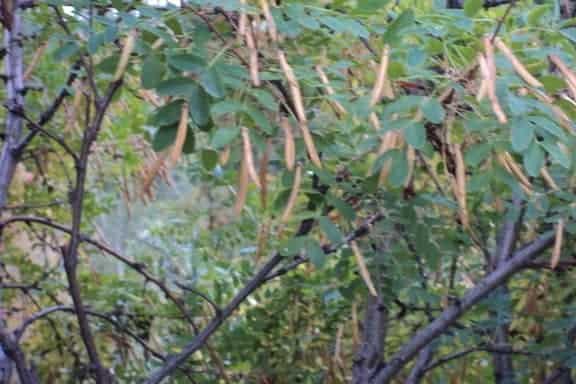With spring just around the corner, even some non-gardeners are planning on planting a garden.
I am thinking specifically of my niece, Shauna, who for the past two summers came and stayed with us.
She had no problem helping out with the chores at the barn, in fact she enjoyed it when the meat chickens would stampede toward her pail of feed.
She liked the pigs and gathering the eggs. She also really took a likin
g to the geese.
Livestock farming was what she had grown up doing, but they never had a garden. In fact, the only way I got her into my garden was to tell her to help me harvest some “green feed” for the pigs (weeding).
So imagine my surprise when she announced this spring she was going to try gardening. I asked her what vegetables she was going to plant and was amazed at how long her list was. Most of what she wants to plant is fairly easy to take care of, which is good.
Planting a garden for the first time can be daunting. Narrowing down what to plant does help, but if you take a look in a seed catalogue, some vegetables have dozens of varieties. So how do you decide which one will work in your particular garden?
Well, asking other gardeners what has worked for them, is one way. Another is to look for the vegetables that are called “heirloom” or “heritage”. What has worked in the past should be hardy enough to do well for a first-time gardener.
When looking for seed to sow into a Yukon garden, terms like “short season” and “frost hardy” will also help in the decision process.
Think about where the garden is going to be situated. The garden should be placed in an area that has wind protection and full sun if possible.
In Shauna’s case, it is a matter of tilling up an old garden that has become overgrown with weeds and grass. In this sort of situation, it may be best to remove the sod first, then till. That way you won’t be fighting the grasses all summer long.
At least not as much.
If you are like me though, a new garden in the Yukon is most likely built by using soil brought from somewhere else. That could be a store, a local contractor or even a good friend who is willing to share.
Soil mixed with composted matter should make a very fertile garden. As long as the garden receives enough sunlight and moisture, vegetables should grow.
Seed companies will usually put planting and growing instructions on their seed packages. These can really help a new gardener, so save them. And use them as a reference if needed later in the summer.
It is also a good idea to enlist the help and advice of a local seasoned gardener. They have already faced the challenges of gardening in the North and have overcome some of them, too. Good information to have when you are first starting out.
As for Shauna, not only can she call on several family members if she has any questions, she has a grandmother who lives just down the road and is willing to work with her in the art of gardening.


